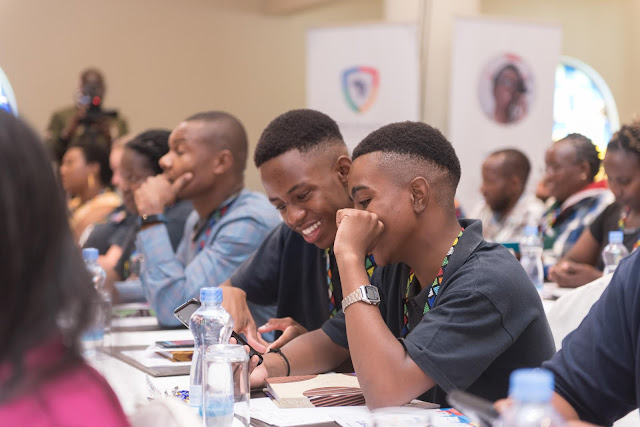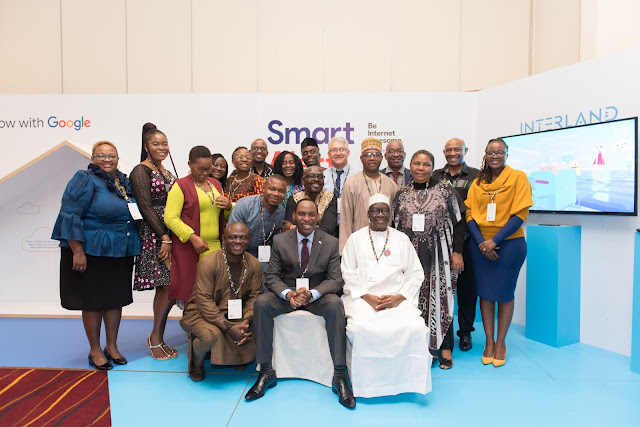Helping families in Africa stay safe online
At Google we take online safety very seriously. Educating children on how to be safe and behave wisely online is a priority for us. It’s a responsibility we have willingly embraced, and one that is shared by government, non-profit organizations, the education community and other stakeholders. This is why the annual Web Rangers Africa Summit is important to us, because it brings together learners, teachers, policy-makers, nonprofits and private companies to discuss and find creative solutions on how to scale digital literacy programmes so that more young people and families are empowered with the right information to protect themselves online.
At the 2019 Web Rangers Summit held in Nairobi, Kenya, we brought together Web Ranger students from South Africa, Nigeria and Kenya, as well as more than 30 of our online safety partners. Over the course of the 2-day summit we discussed the importance of and plans for making information and online safety curriculums easily accessible in schools and to families. We also shared the status of ongoing efforts to expand the Web Rangers program, as well as plans to team up with the Kenya Film Classification Board and the Nigerian National Orientation Agency in 2020 to kickoff a Digital Parenting program aimed at educating guardians, teachers and families on online tools that bring families together to learn, have fun and be safe online.
This year, apart from the Summit, we have advanced our goals to educate and build more awareness on the subject of online safety through roadshows and government partnerships. In October, we partnered with the Cape Town Science Centre to provide grants to local organisations in Kenya, Nigeria and South Africa to deliver safety roadshows to students, parents and teachers. Over 36 000 students, 2 500 parents and 1 400 teachers have been trained as a result of this program.
In Nigeria, we partnered with the Nigerian Educational Research and Development Council to integrate a new online safety curriculum into the national syllabus for primary and secondary schools, with a goal of reaching 56 million learners (year on year) once it is fully integrated into the school system. Similarly, in South Africa, we are partnering with the Western Cape Education Department to pilot online safety curriculum integration in public high schools in the province. The pilot involves schools in the Cape Winelands and Metro South districts. In Kenya, we have collaborated with CODE-IP Trust, the Ministry of Youth and the Kenya Scouts Association to bring Web Rangers to over 55 000 students countrywide.
With more people and children in Africa coming online, the goal to provide education to help them protect themselves is no longer discretionary but a mandate. While the journey towards achieving this end goal is still far, we’re proud to see the impact being achieved by what has been done already. In the words of Harvard professor Rosabeth Moss Kanter, “...small wins, small projects, small differences often make huge differences".
Posted by Fortune Mgwili-Sibanda, Head, Government Affairs & Public Policy, Sub Saharan Africa
====







